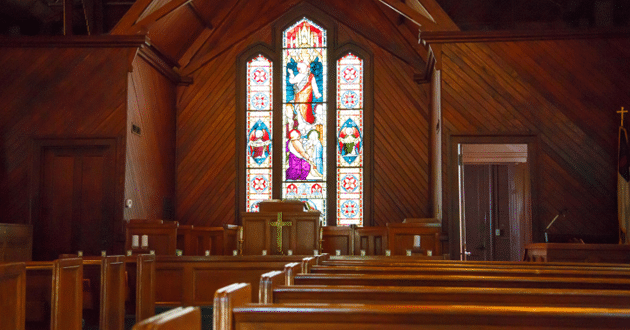Data pointing to a dwindling percentage of Americas who identify with a specific Protestant denomination has spurred calls for churches marked by God’s “presence and power” and for reemphasis of biblical doctrine.
According to the Gallup polling organization, just 30 percent of American adults identified with a specific Protestant denomination in 2016, down from 50 percent in 2000. Over the same timeframe, the percentage of Americans who regard themselves as Christians without claiming a specific denomination rose from 9 percent to 17 percent, a July 18 news release stated.
Gallup claimed the shrinking percentage of Americas who identify with a specific Protestant denomination stems from two realities:
Protestants shrank from 57 percent of the population in 2000 to 47 percent in 2016, Gallup stated. At the same time, the percentage of Americans who do not claim a religious identity of any kind rose from 10 percent to 20 percent.
Of Americans who do claim a specific Protestant denominational identity, Baptists are the largest group with 10 percent of the population.
Steve Gaines, president of the Southern Baptist Convention, said the lack of denominational loyalty seems to parallel a lack of loyalty to corporations and brands among Americans, with workers frequently transferring “from company to company” unlike they did in previous generations.
“Whether [the lack of organizational loyalty] is good or bad, I don’t know,” Gaines said. “But it is reality. That’s why many churches have chosen to remove the name of their denomination from the name of their church. Many churches in the SBC have removed the word ‘Baptist’ from their identity.”
J.D. Greear, pastor of The Summit Church in Raleigh-Durham, N.C., said that the rejection of denominations may be a rejection of stereotypes associated with those groups rather than a rejection of their doctrine.
“While many say they prefer a non-denominational church, I think their bigger concern is not wanting to be a part of a church that fits their stereotypes of certain denominations,” Greear said in written comments. “If a church is big on the Gospel, the mission and loving each other, then denominational affiliation is less of an issue.
Gallup’s 2016 data was drawn from telephone interviews of 2,053 adults May 4-8 and Dec. 7-11. The margin of error in the survey was plus or minus 3 percent at the 95 percent confidence rate, according to the release.
by David Roach | BP

